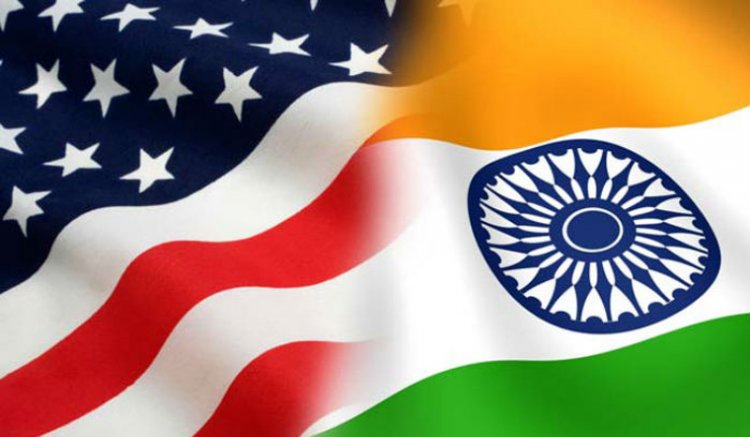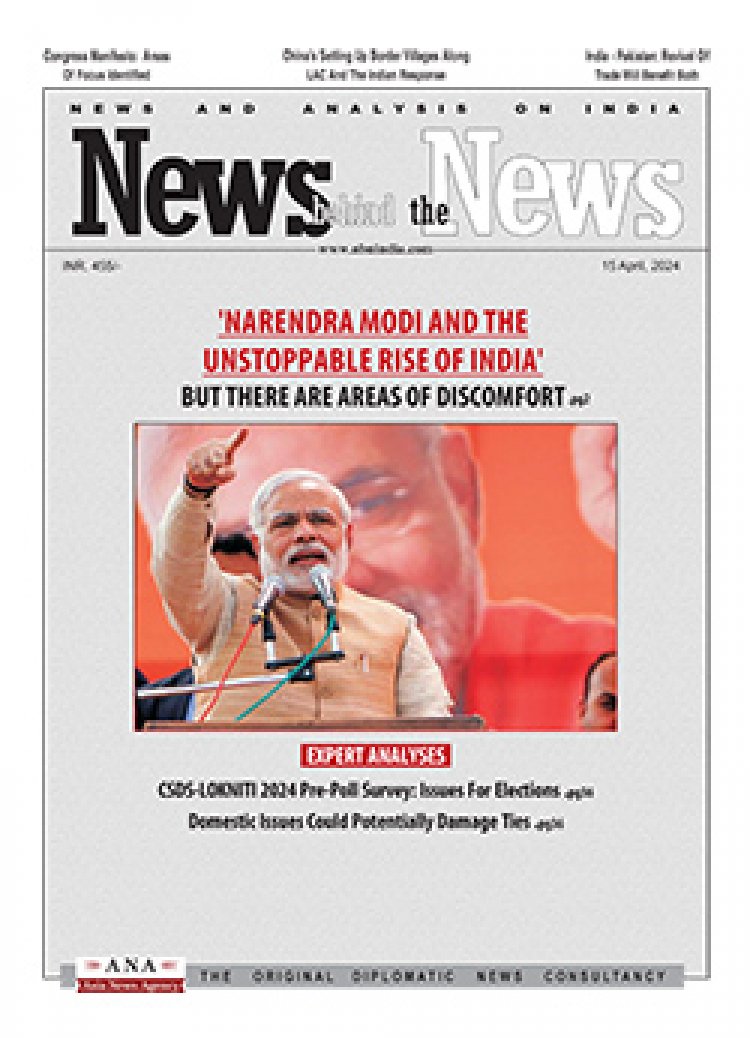India - US: The Austin Mission
STORIES, ANALYSES, EXPERT VIEWS

U.S. Secretary of Defence Lloyd Austin’s visit to India over last weekend (March 19-21), writes The Hindu “indicates the place India holds, on a par with the other two countries he visited prior to India: Japan and South Korea. The visit, just after the first ever Quad leaders’ summit, confirms the U.S.’s focus on greater maritime cooperation in the Indo-Pacific. Mr. Austin’s trip preceded an unannounced stop in Kabul where the U.S. is undertaking a major review of its troops pull-out schedule and peace plan. As a result, all three areas: bilateral ties, the Indo-Pacific and Afghanistan came up for discussion during talks with Defence Minister Rajnath Singh, and meetings with Prime Minister Narendra Modi and External Affairs Minister S. Jaishankar.”
On the bilateral front, “the two sides agreed to boost their defence relationship through the use of three foundational agreements (LEMOA, COMCASA, and BECA), as well as increase cooperation in the areas of information sharing and logistics, artificial intelligence, space and build more linkages with the U.S. Commands. On Indo-Pacific strategy, Mr. Singh affirmed India’s resolve to maintain a free, open, and inclusive Indo-Pacific region with the U.S., as part of the Quad. On Afghanistan, the discussions are understood to have been consultative, as Mr. Austin is part of the decision-making process over whether the U.S. will stick to its May 1 deadline to pull out all remaining troops, and how to proceed forward in the Intra-Afghan dialogue. The U.S. does not thus far appear to have heeded India’s concerns on talks with the Taliban, making any talks conditional on a ceasefire, including India in all regional talks where Pakistan is also involved, and prioritising the needs of the government in Kabul. Even so, it is important that India expresses its sense of the situation in Afghanistan, given its important role there.”
On the S-400 missile system that India is sporting from Russia, Austin the determination on India in respect to CAATSA sanctions would only come after New Delhi takes delivery.
Austin confirmed that he had raised the issue of human rights in India, but added that these are part of conversations any two democracies would share, a sentiment seconded by the MEA.
Finally, while officials said they discussed India’s challenge from China, Austin was “careful not to make any direct reference to Beijing or about the LAC dispute, which New Delhi considers a bilateral issue.”
















